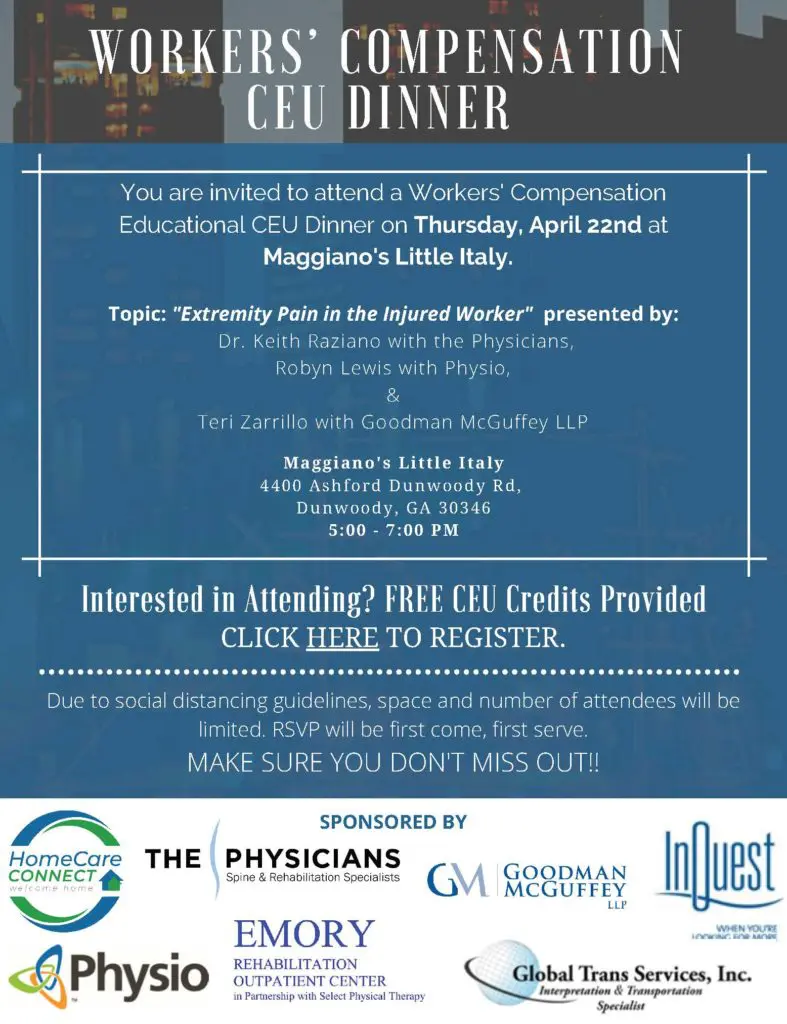Many Employers and Insurers over the last year have had to deal with the concern of whether businesses that continue to operate during the Covid-19 pandemic will face any liability for customers and employees who may be exposed on their property to the virus. In response, the Georgia legislature passed O.C.G.A. 51-16-1, et al. providing a shield to businesses under the Georgia Tort Act that would protect businesses from claims if they complied with signage requirements putting individuals on notice that they may be exposed to the virus if they enter the premises.
Additionally, Georgia’s occupational disease statute under the Georgia Workers’ Compensation Act, as codified in O.C.G.A. 34-9-280, already contains provisions that would make it difficult for employees to successfully pursue claims for benefits under the Act since it already limits claims for exposure to diseases to those that 1) follow as a natural incident to the employment; 2)the disease is not of a character to which the employee may have had substantial exposure outside of the employment; and 3) that the disease is not an ordinary disease of life which the general public is exposed. These are three of the five requirements for successfully proving an occupation disease under Georgia law and upon analysis would all be difficult to prove given the nature of the Covid-19 virus since it is spreading openly through all communities and it is difficult to trace to a specific source for each exposure.
This article by Bloomberg news has suggested that businesses may still face frivolous litigation from plaintiff’s attorney’s willing to challenge the laws through unique facts or legal arguments surrounding the recent legislation. However, Employers and Insurers in Georgia should take an aggressive defensive position with regard to any workers’ compensation claims in Georgia if they are faced with one due to the high burden of proof put on Claimant’s for these claims.
Additionally, Employers and Insurers in Georgia should keep in mind that the Statute of Limitations for workers’ compensation claims in Georgia is one year from the date of injury. And for occupational diseases that is one year from the date the employee knew, or in the exercise of reasonable diligence, should have known of the disablement and its relationship to the employment. O.C.G.A. 34-9-281(b)(2).
You can access the article by GM Associate, Brett Tyler, by clicking HERE.






